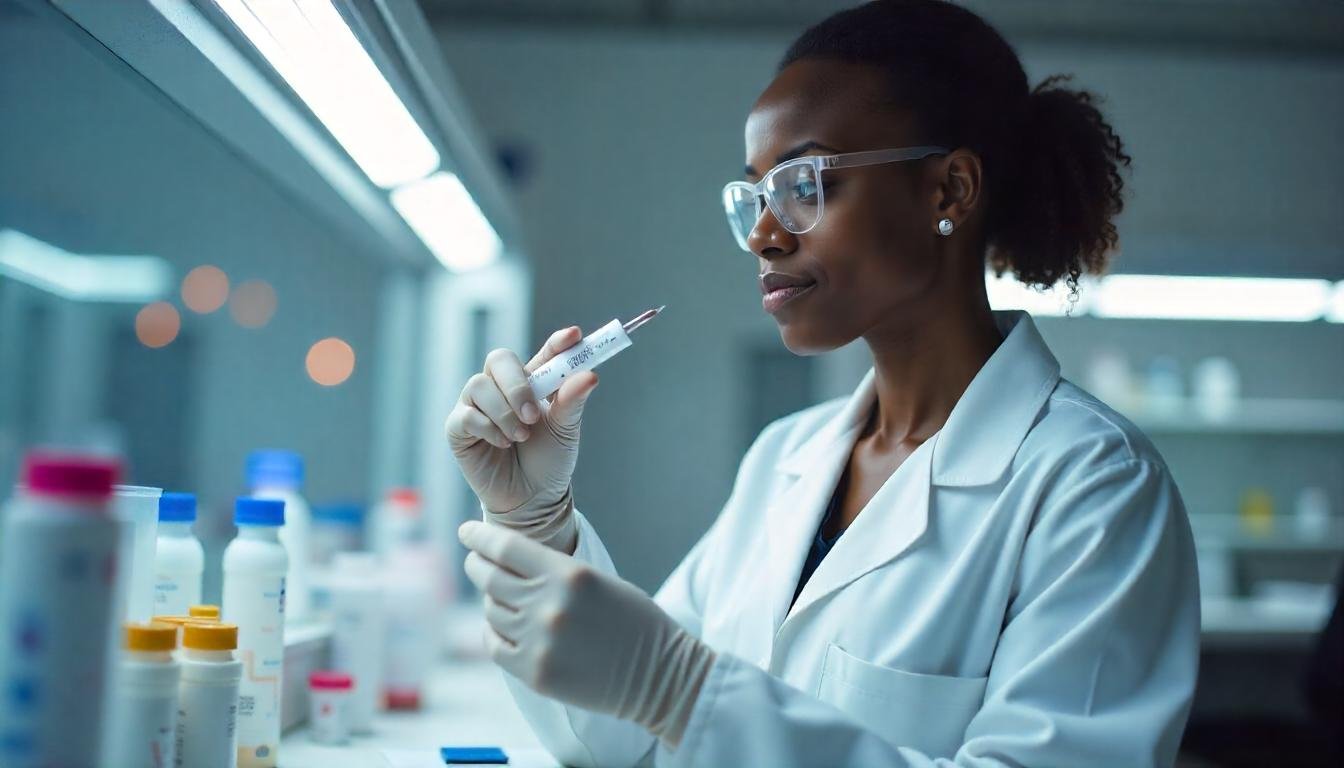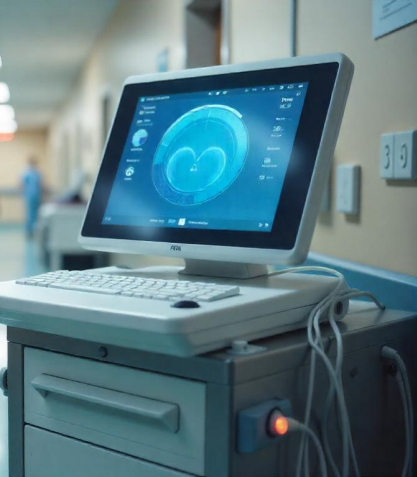
Intracytoplasmic Sperm Injection (ICSI) Services
- Single sperm injection into the egg
- Recommended for severe male infertility or failed IVF cycles


Frequently Asked Questions (FAQs) about ICSI
What is intracytoplasmic sperm injection (ICSI)?
ICSI is an advanced laboratory procedure where a single sperm is carefully injected directly into an egg to help achieve fertilization, especially when there are issues with sperm quality or number.
When is ICSI recommended?
ICSI is often recommended for couples with severe male factor infertility (such as low sperm count, poor motility, or abnormal sperm shape), previous failed fertilization in IVF, or when using surgically retrieved sperm.
How is ICSI different from standard IVF?
In standard IVF, eggs and sperm are mixed together in a lab to allow natural fertilization. In ICSI, the embryologist manually injects one sperm into each mature egg, increasing the chance of fertilization when sperm problems are present.
What are the success rates of ICSI?
ICSI has high fertilization rates — about 70–85% of injected eggs typically fertilize. However, the overall chance of pregnancy also depends on the woman’s age, egg quality, and embryo development.
Are there risks associated with ICSI?
ICSI is generally safe, but there’s a slightly increased risk of certain genetic or chromosomal abnormalities, especially if the male partner has genetic infertility issues. Couples may be offered genetic counseling before starting treatment.

